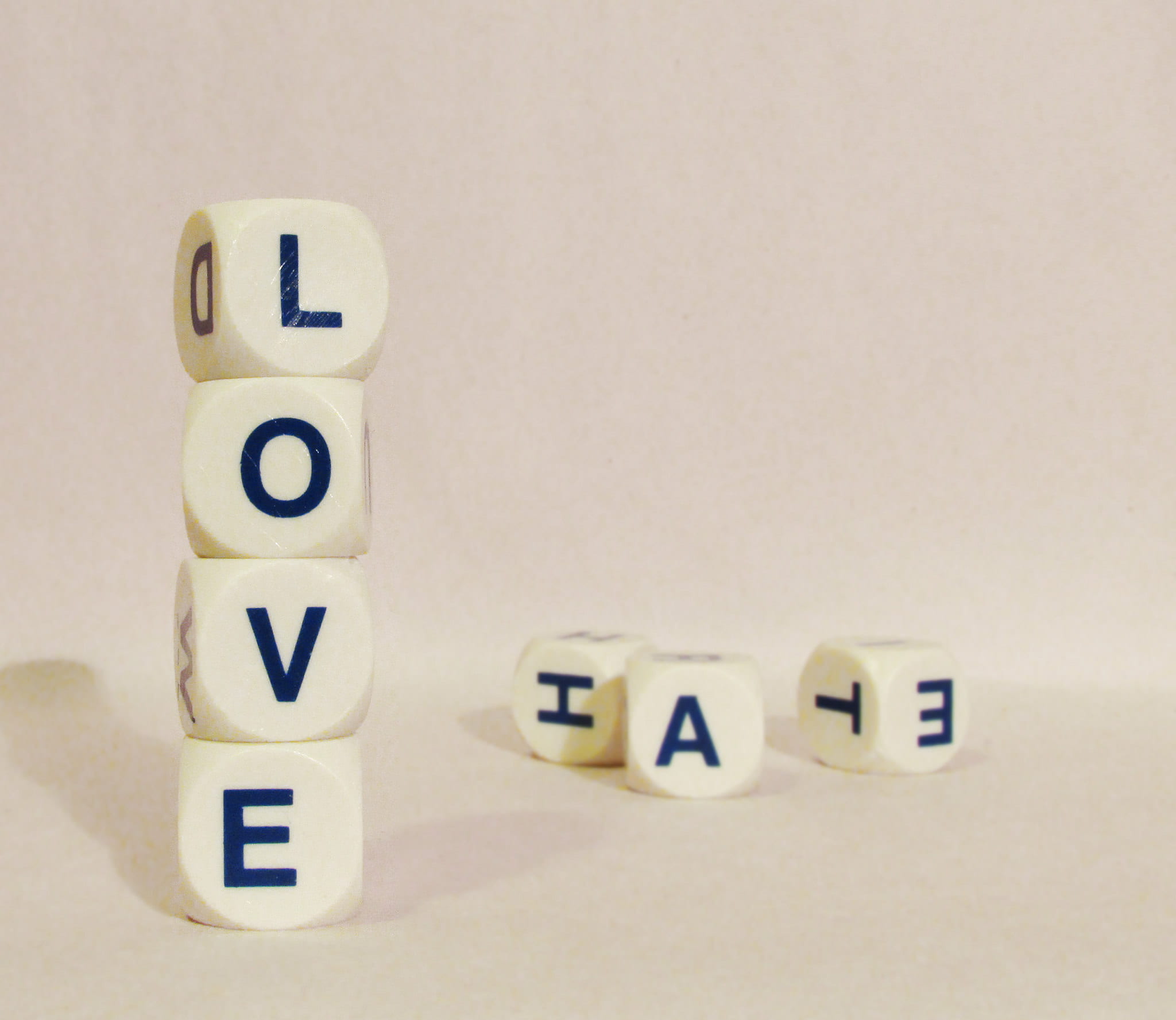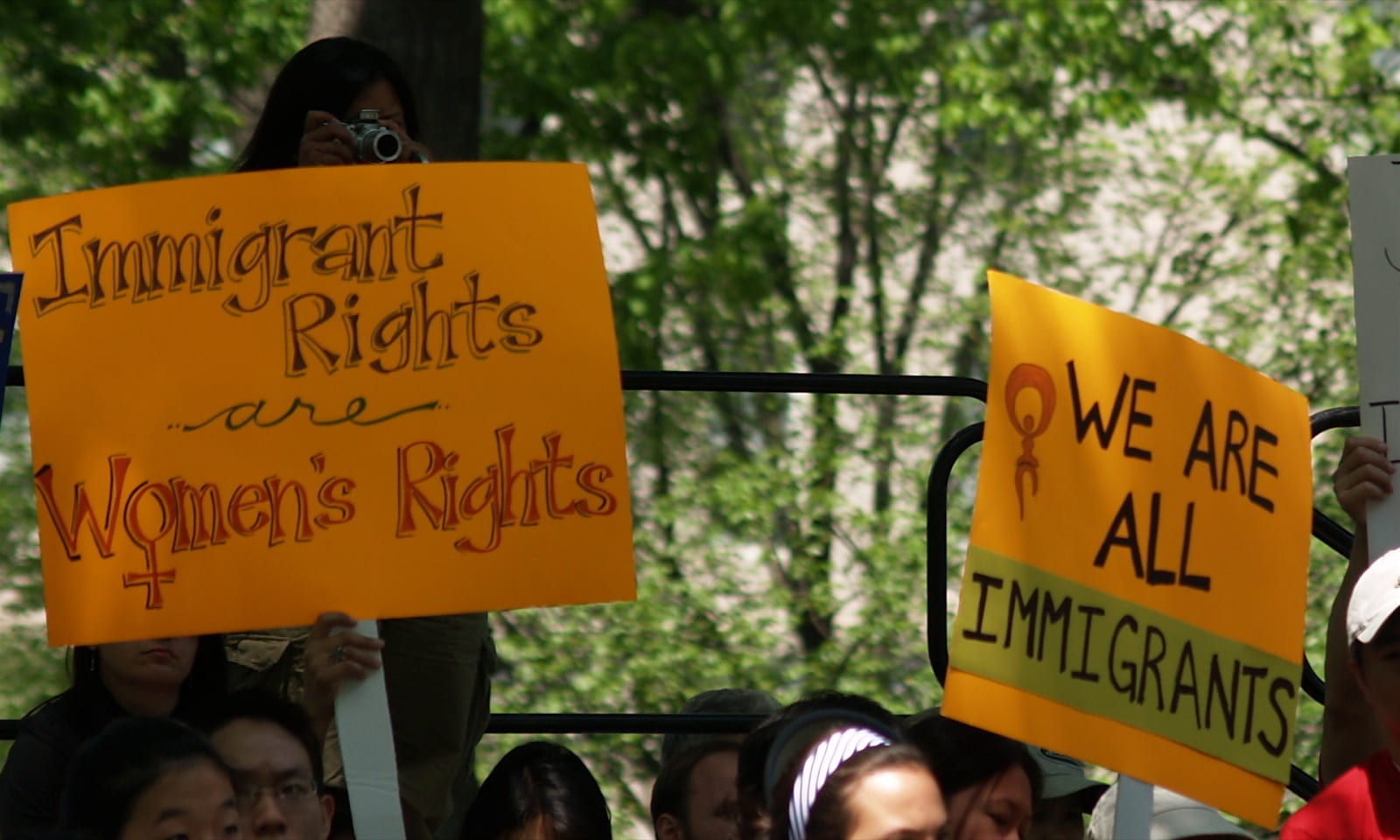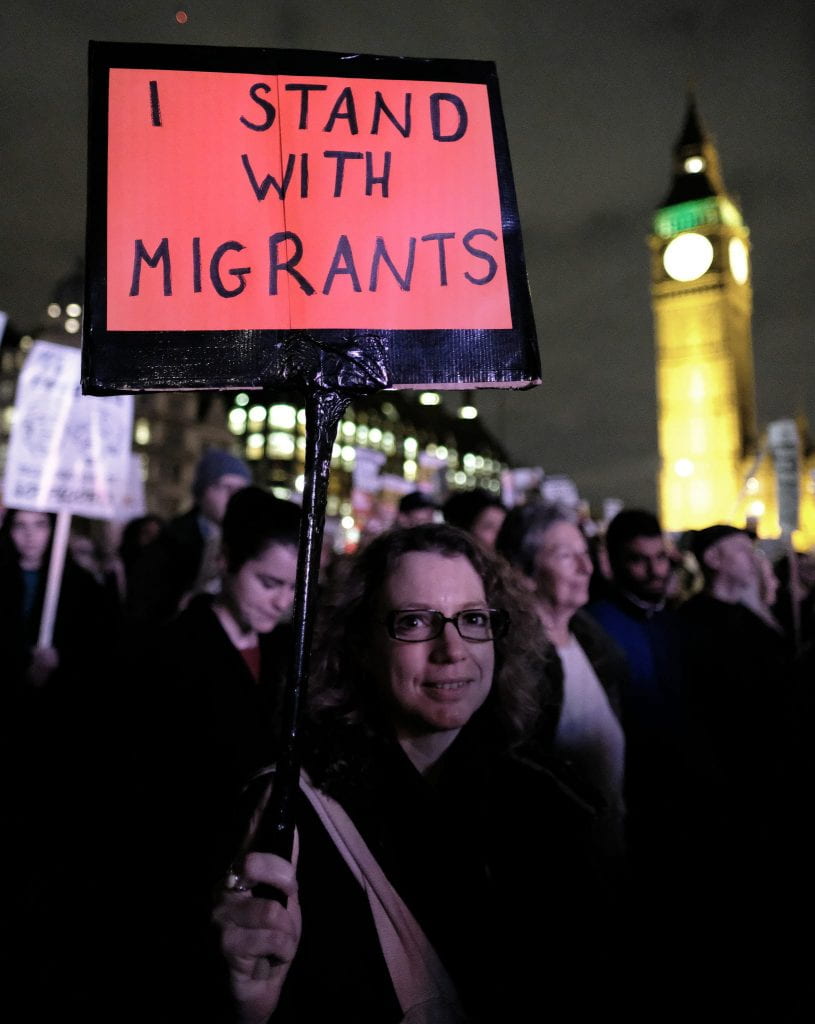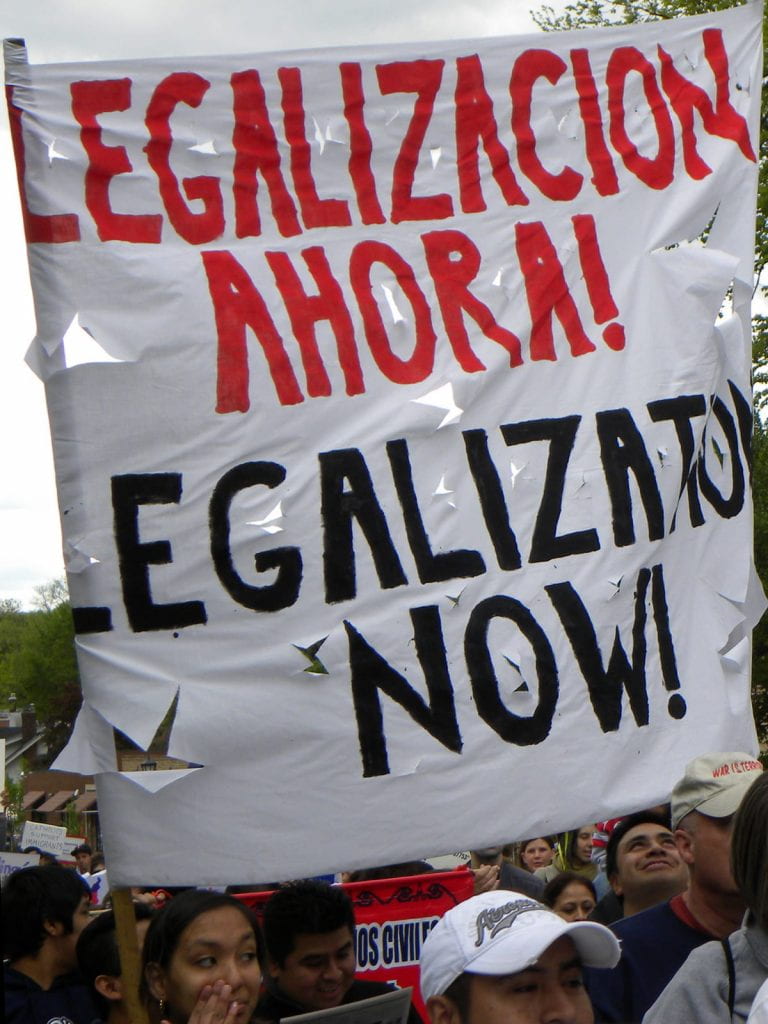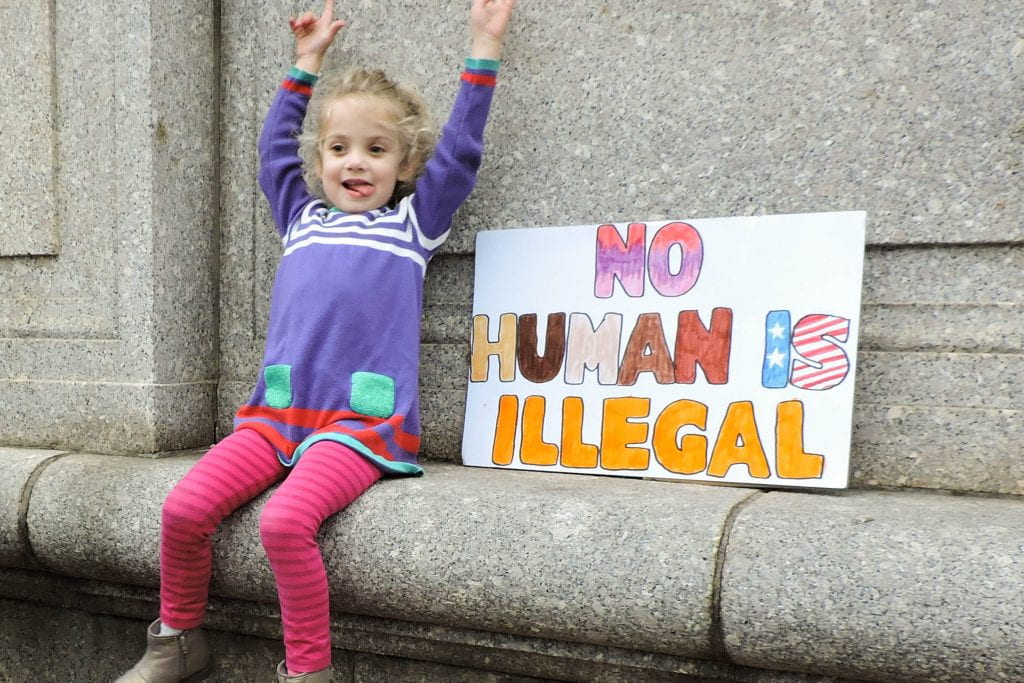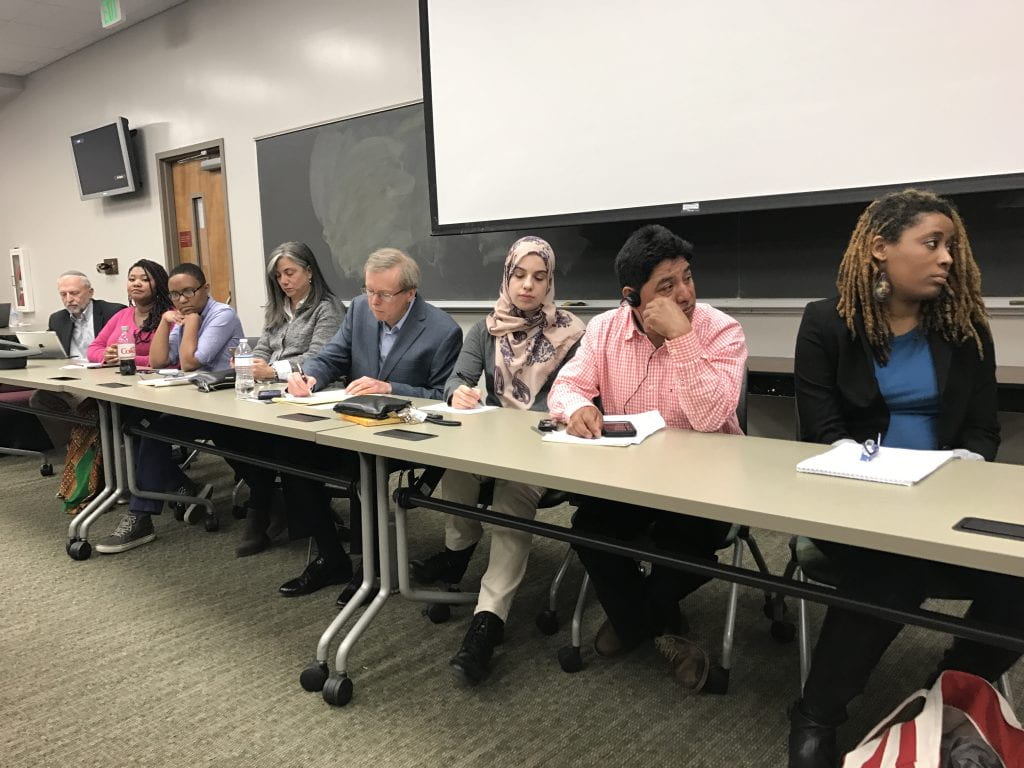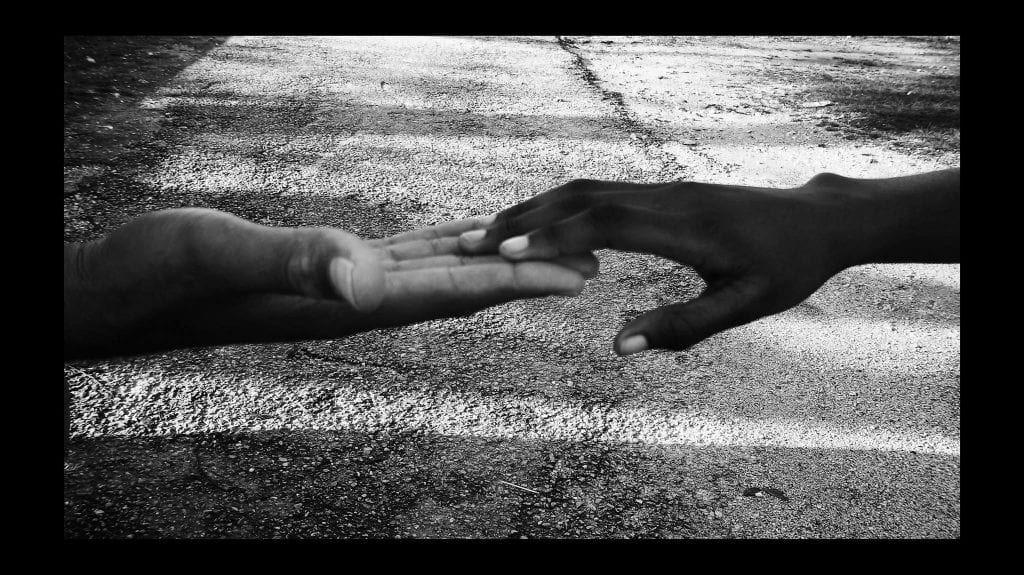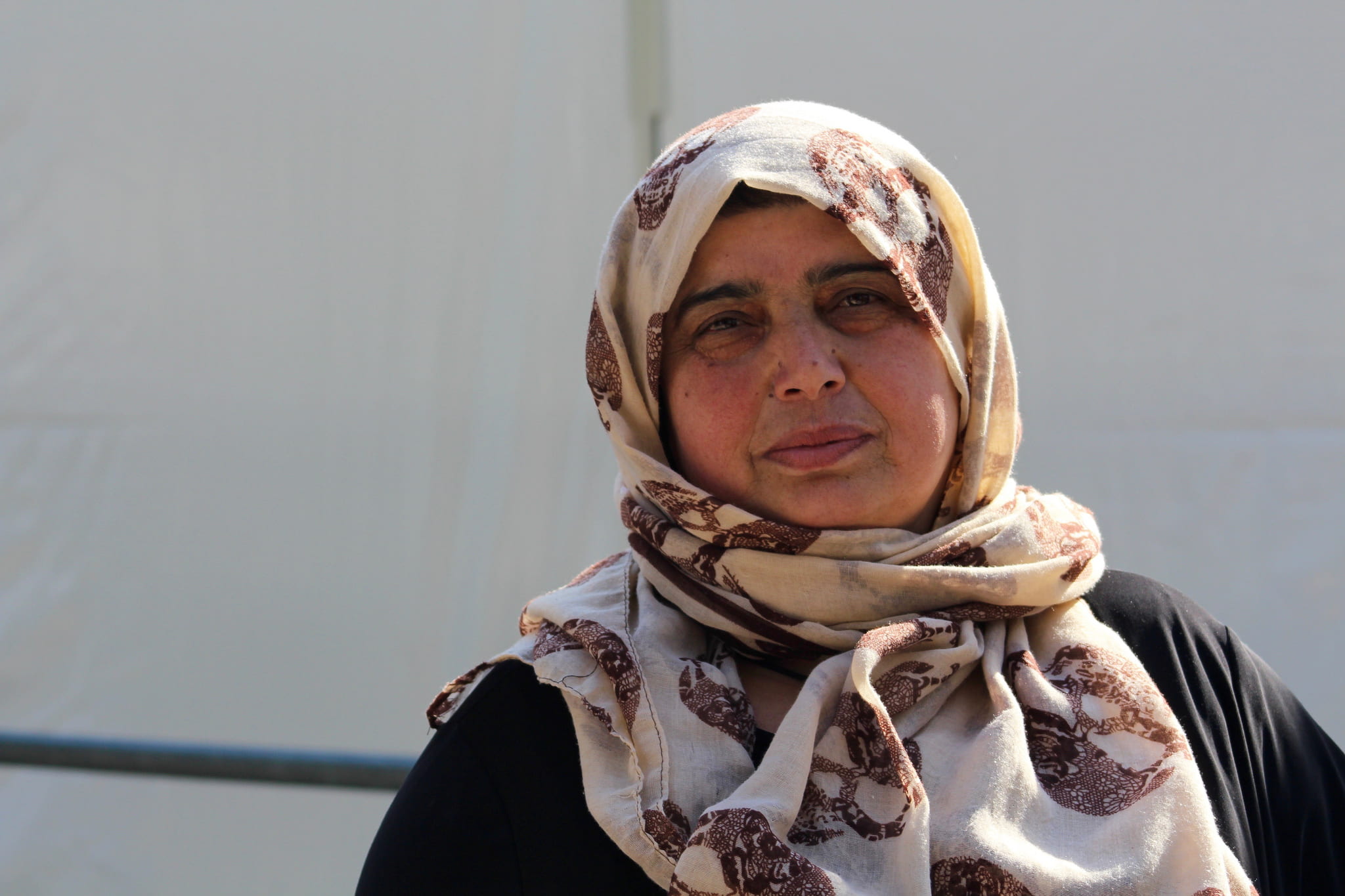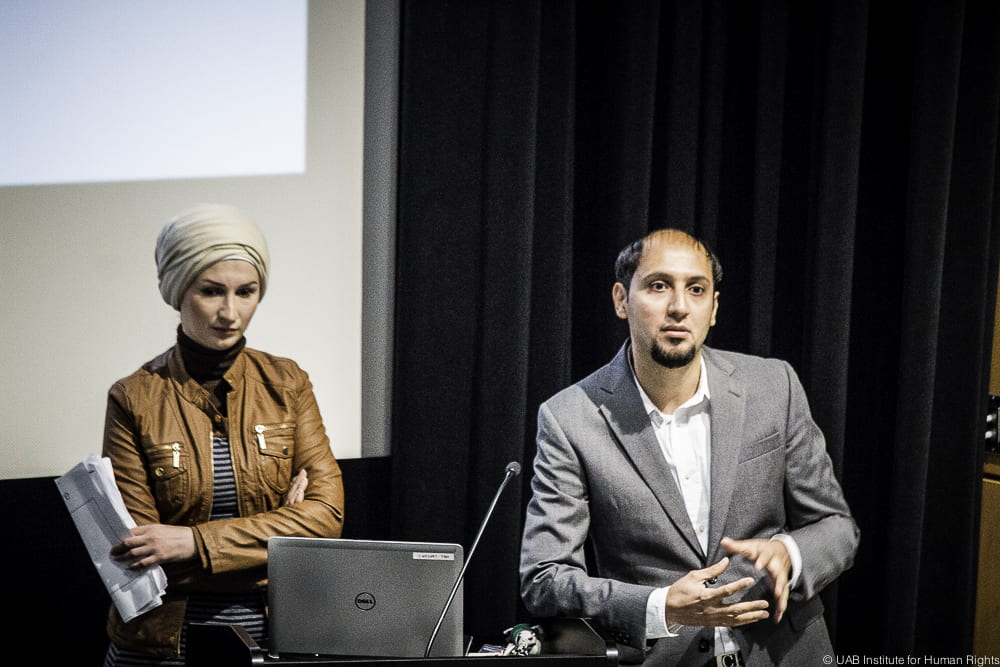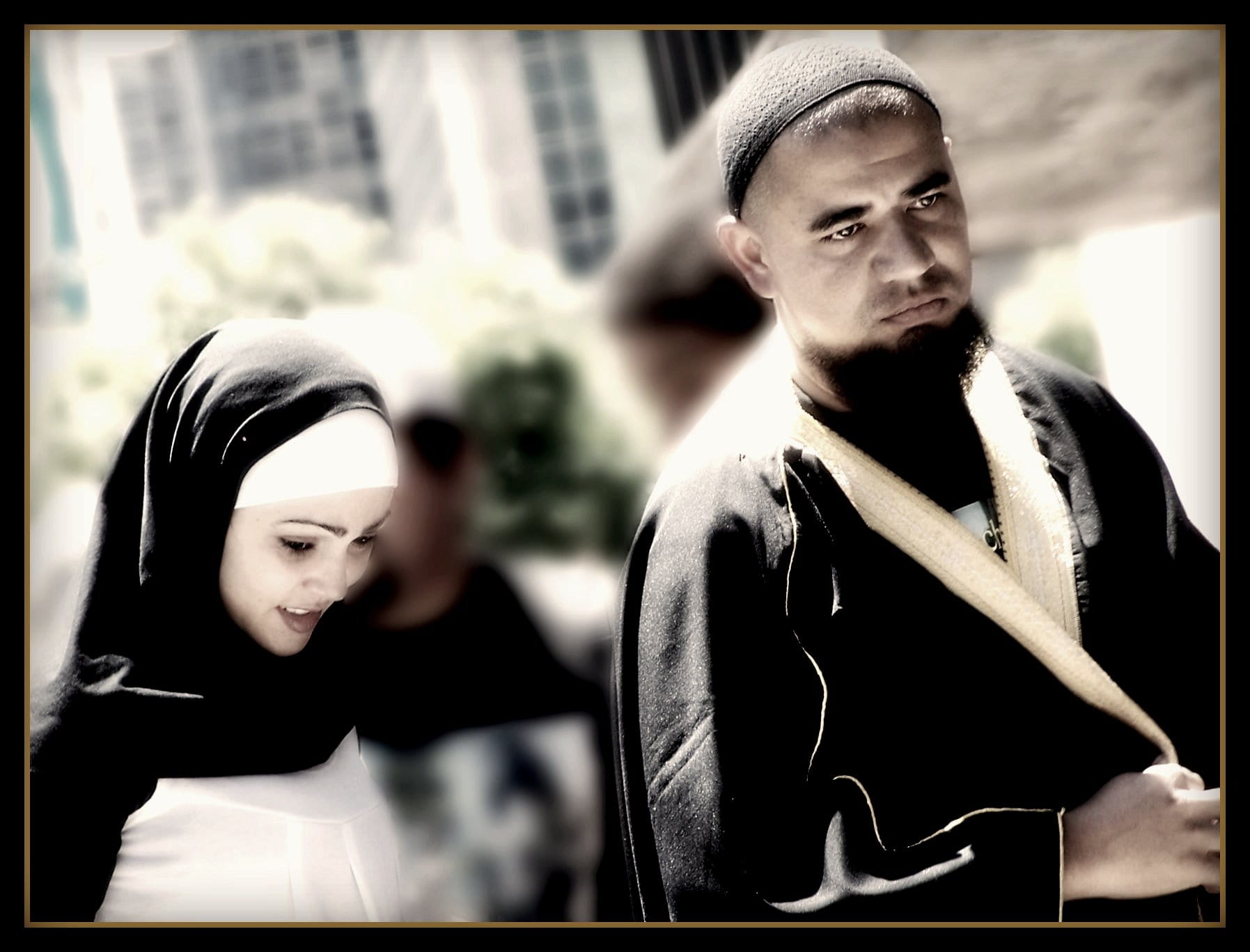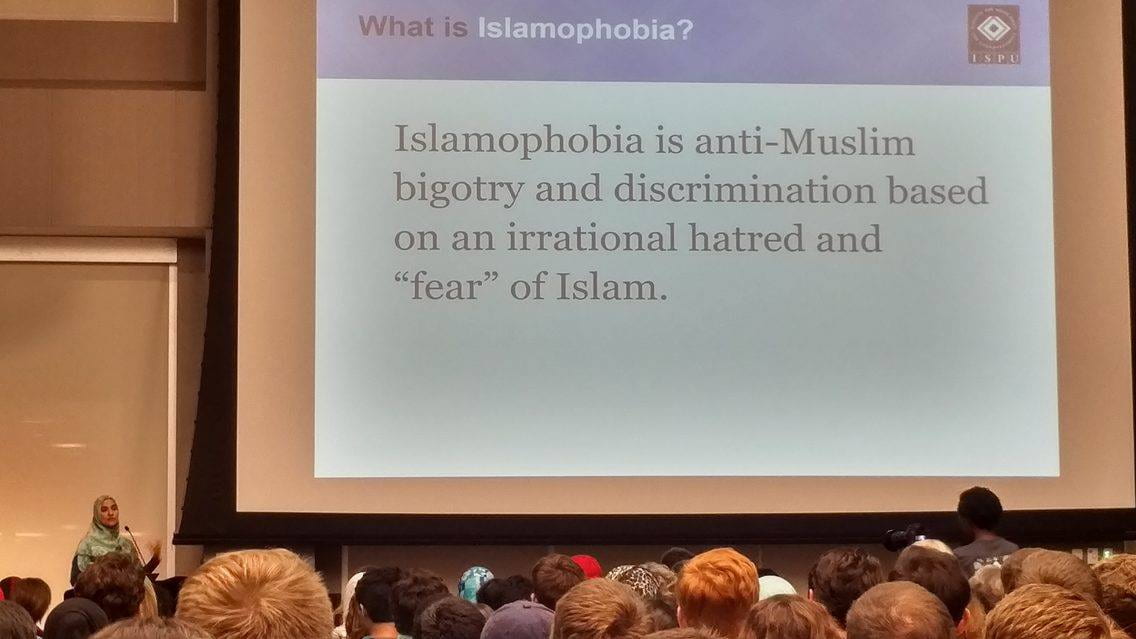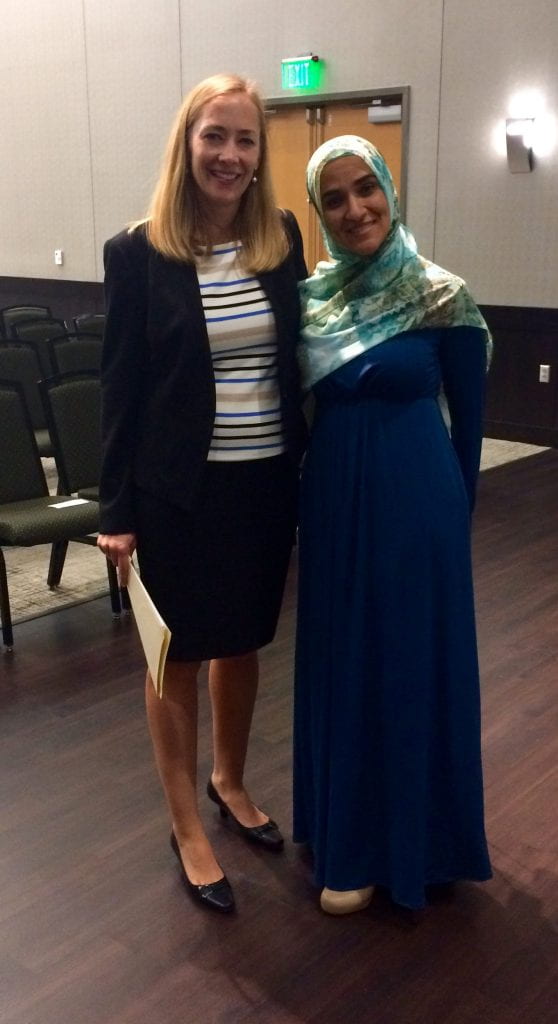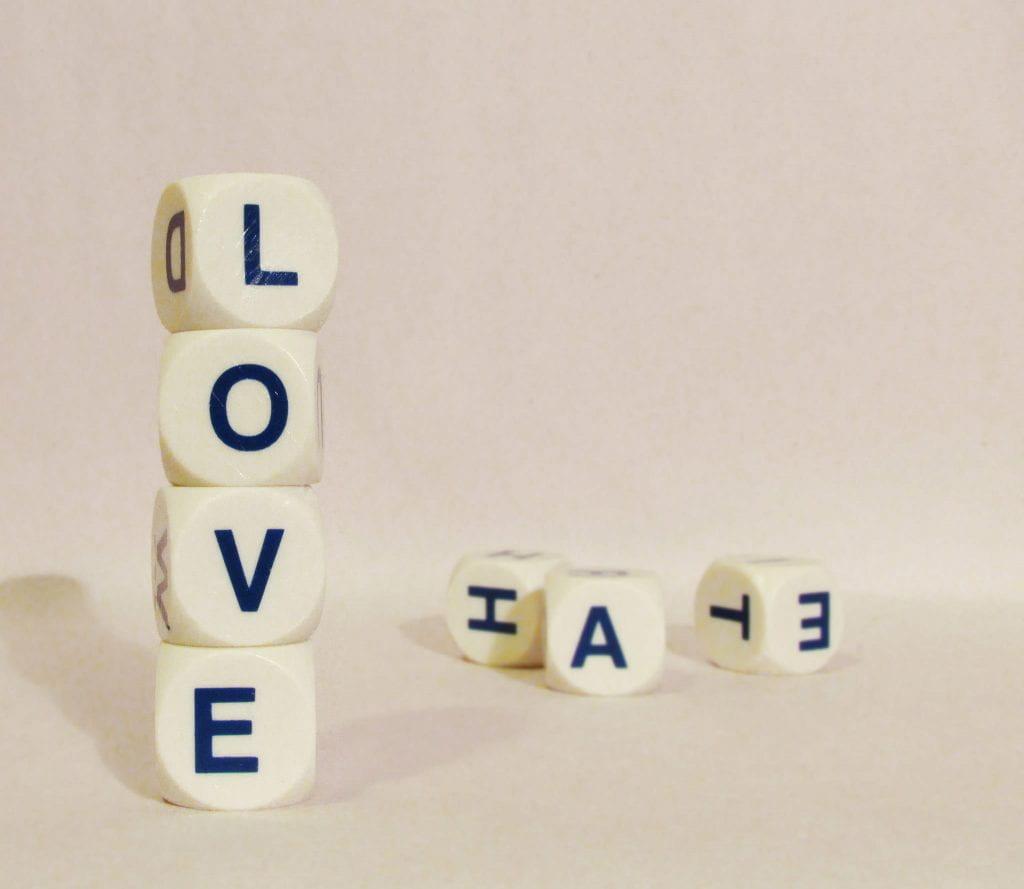
Excerpts from profound leaders, such as Gandhi, Mandela, and King, become useful during times of civil unrest. Their words seemingly echo the heart, inspiring both comfort and action for a moment. However, the full weight of their words remains unheeded and leave the daily lives of some who ferry them out as temporary mantras. One reason is lack of context. The words themselves are out of context because the remainder of the speech or sermon discarded, and the sacrifice of the lived life narrowed to a soundbite or repost. We will look at the legacy and words of Dr. Martin Luther King, Jr. over the next few blog posts. The goal is to see if the words he spoke and life he lived find application in society today. This small project is in conjunction with the 54th anniversary of the March on Washington where Dr. King famously declared, “I Have a Dream.” Writers have looked across the depth of King’s work, found pieces with modern day applications, and have written powerful analyses.
Dr. King, on 17 November 1957, preached a sermon at Dexter Avenue Baptist Church in Montgomery, Alabama, entitled, “Loving Your Enemies”. This sermon is the basis of this blog.
The sermon, based on Matthew 5 in the scripture, demands believers do four things when it comes to their enemies: love them, bless them, do good to them, and pray for them. King uses this sermon to cultivate a paradigm shift about the nature of love, while also breaking down its complexity into practical applications. He argues what seems like impractical idealism is practically realistic because of love. There is a recognition that loving an enemy—those who seek to defeat you–is difficult. Yet, as a mandate of Jesus, it is the individual’s Christian and moral responsibility to understand and live out this command. The first step in initiating and implementing love is self-analysis.
America has long prided itself on being a Christian nation and police officer of the world, often to the disparagement of allies and enemies alike. King asserts the element of bravado may arouse resentment and hostility by other nations when they view from afar the injustices taking place by the American government against her citizens. “There might be something within you that arouses the tragic hate response in the other individual. This is true in our international struggle… in spite of all the weaknesses and evils inherent in communism, we must at the same time see the weaknesses and evils with democracy” (44). He confesses democracy itself is the greatest conception of man, although its weakness lies in the trampling of “individuals and races with the iron feet of oppression” through mechanisms such as colonialism and imperialism. He considered the success of other ideologies, like communism (at the time), lay in the failure of democracy to hold to its principles and ideals (41-5). For America, as a nation of individuals, to love their enemies, an internal analysis of how we treat each other is required.
Many believe the present conversation about racism is a perpetuated by the media. The belief ‘if I don’t see racism in my community, then it must not actually exist’ creates a deniability that hinders the plausibility of justice and liberty for all. A united self-analysis could assist in the identification and acceptance of the knowledge that racial tension has been a factor in the American narrative since the pilgrims arrived on the shore. This acknowledgment will confirm the notion that the election and presidency of Barack Obama did not remove the established tension. The political platform of speaking to the “left-behind” sparked a populist movement that further exasperated the divide.
In a November interview with 60 Minutes, when informed of the horrific behaviors taking place around the country under the banner of “Trump’s America”, he denied liability and culpability, simply stating, “stop it.” He has recently come under fire for his duplicity on the attacks in Charlottesville. Some shouted the current president emboldened white nationalist ideology and the hate-filled attacks that took place during the campaigning process and have continued over the past seven months; others remain stoic in their support of him. However, last week as a measure of notice and concern for the rise of vitriol and violence, the Committee on the Elimination of Racial Discrimination (CERD) released its “Early Warning and Urgent Action Procedures” report. The report calls upon, urges, and recommends the US, a a State Party on the Convention for the Elimination of Racial Discrimination to
“fully respect its international obligations…to not only unequivocally and unconditionally reject and condemn racist hate speech and racist crimes but to actively contribute to the promotion of understanding, tolerance, and diversity between ethnic groups; ensure that all human rights violations which took place in Charlottesville…are thoroughly investigated; the government… identify and take concrete measures to address the root causes of the proliferation of such racist manifestations; ensure the rights to freedom of expression, association and peaceful assembly are not exercised with the aim of destroying or denying the rights and freedoms of others.
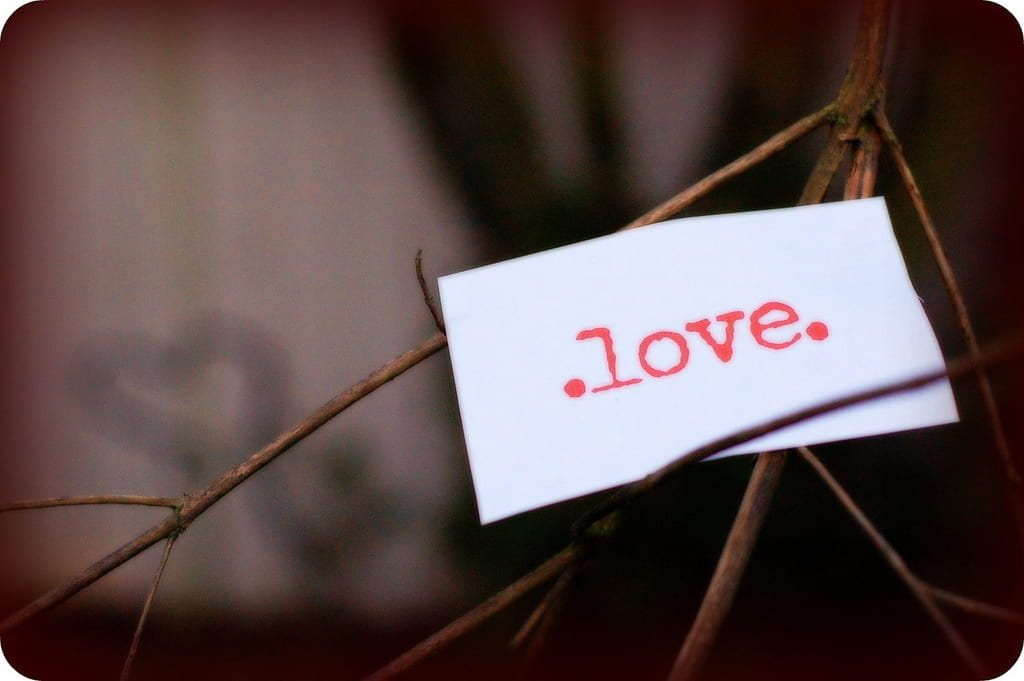
Second, look for the good as a countermeasure to each hate-filled thought. The decision to identify the good forces each of us to confront the “many occasions that each of us is something of a schizophrenic personality… there is something of a civil war going on within all of our lives” (45). King labels it ‘the isness versus the oughtness’: the recalcitrant South of our soul in revolt of the North of our soul. Synthesizing teachings from Ovid, Goethe, and the Apostle Paul, he concedes the division within us is the knowledge of good but the choice to do bad; a cry, that at the core, each of us has had at one point of another in life (45-6). In other words, choose radical empathy. Hate and discrimination extend beyond race; let us look at Muslims and Islamophobia as an example.
King declares hate removes the ability to see the “image of God” whereas love, challenges what the eyes see because “no matter what he does, you see the image of God there. There is an element of good that can never slough off” (46). A tenet of the US Declaration of Independence is states the Creator has endowed with inalienable rights to all humanity; this belief is also foundational to the Christian faith. Since the aftermath of 9/11, American Muslims are at the center of significant discrimination and hate. Harassed for their hijab and religious beliefs, the blanket assumption that each Muslim is a terrorist and actively threatening the wellbeing of Americans with sharia law and Islamic fundamentalism is contrary to the founding principles of this nation, and the principles of Islam itself. Even President Obama found himself on the receiving end of a birther conspiracy and dissention labeling him a secret Muslim. When considering this entrenched and unjustified hate, is it feasible to believe that reposting “hate cannot drive out hate, only love can do that” automatically removes the racial, religious, and psychological injustices of innocent Muslims over the last 16 years? Does it absolve the character assassination of Obama? Does it remove the stigma unfairly applied to millions of Hispanics, specifically Mexicans, labelled rapist, drug dealer, or job stealer? Or any marginalized population in America?
Third, choose not to defeat your enemy, even if the perfect opportunity presents itself (47). The Greek language has several words for love, including eros, philia, and agape. Agape love looks for creative ways to win the one who hates over to love’s side by bridging the distance in the same way Christ did for the world in John 3:16. True love contains the refusal to defeat individuals; the goal of love is to defeat the system, which generated and perpetuated the distance that results in hate. Agape love seeks conversion, not defeat. King suggest when we act on agape love, we love “not because people are likable but because God loves them. You look at every man, and you love him because you know God loves him…” (48-49). Love is a stronger feeling than like. Like is swayed by perception and attitudes; love, on the other hand, is consistent in nature due to its rooting in the soul. At the core of the soul, love allows for acceptance of the person while disagreeing with the behavior. Let us take the removal of Confederate monuments as an example.
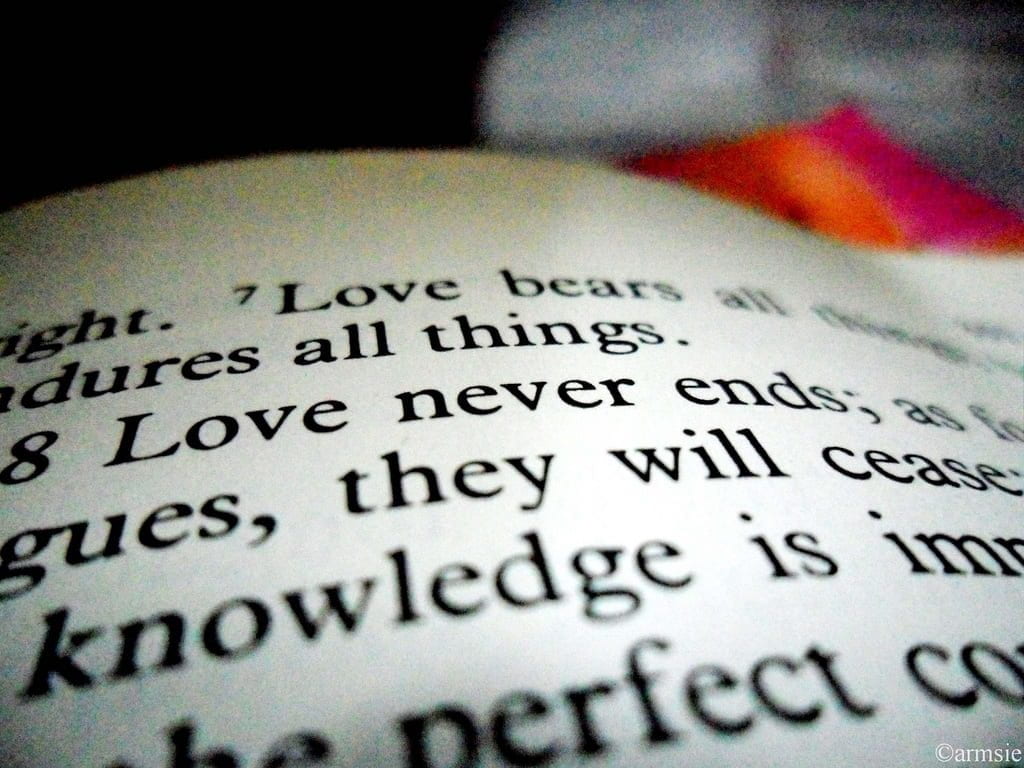
The removal of confederate symbols, for many, is an affront to their white heritage and an assault on the historical narrative of America. What many have failed to discern is that the erection and permanent reminder of the historical narrative of confederate whites in America is, and has always been, an affront to the heritage of Americans of African descent. Racial unity in the United States of America requires the truth that hate has existed at the core of this country, permeating through every institution. Therefore, the removal of and proposed relocation of the reminders is not to destroy white individuals, but rather initiate the destruction of the system upon which inequity, hate, racism, and discrimination originated. If we apply King’s three ideals for practical application of creative action through agape love to the monuments, to interact with marginalized communities, and to race relations, can they contribute to a narrative and paradigm shift?
- Hate for hate only intensifies the existence of hate and evil in the universe (49). “Civilizations fail… if someone doesn’t have sense enough to turn on the dim and beautiful and powerful lights of love in this world” (51). Someone must inject the strong element of love within the very structure of the universe (51).
- Hate is irrational. It destroys the personality of the hater, blinding them to the truth and distorting the vision of what is just (52). Hate destroys the hater and the hated.
- Love alone has a redemptive power (53). Hate removes the ability to bring about transformation.
The conversation around race produces responses that vary from “I’m not racist because I have black friends and coworkers” to “we are living in a post-racial America because we elected a black president”. However, manifestation of hate and discrimination is not merely about black and white. It is the denial of love’s full expression and love’s creative, redemptive, and transformative power over the human heart, mind, and embedded systems of oppression. King, in the conclusion of his sermon, explains three ways that the oppressed respond to the oppressor: violence, resignation, and massive nonviolent resistance based on the principle of love (56-60).
Love is the way Jesus did it.
Love is the way for Dr. King.
Is love the way for you? Love, like hate, is evident in alignment and actions.
